Do you own a garden? If so, there is nothing to stop you from growing your own garden vegetables! Find out how to prepare for planting vegetables and what to choose in order to enjoy abundant crops, full of vitamins and flavour.

Do you own a garden? If so, there is nothing to stop you from growing your own garden vegetables! Find out how to prepare for planting vegetables and what to choose in order to enjoy abundant crops, full of vitamins and flavour.
- Preparation for growing vegetables in your garden
- Which vegetables will grow best in your garden?
- Vegetable seeds for your garden – how to choose them?
- How to plan your vegetable beds – which vegetables should you plant next to each other?
- Caring for garden vegetables – basic treatments
- Which fertiliser is best for a vegetable garden?
- Necessary tools for growing vegetables in your garden
- What vegetables are best for your garden – summary
Preparation for growing vegetables in your garden
The first step is selecting and creating a suitable place for them to grow. It should have direct access to sunlight for most of the day and be sheltered from the wind. Once you’ve found the perfect spot, it’s time to prepare the soil.
If you want to make your life easier, you could go for elevated pallet beds – this will make weeding and caring for your plants a more pleasant task, and you will struggle less with extensive weed growth.
Another effective way to grow vegetables in your garden is to grow them under cover. How to build a greenhouse? You could start off by buying a small, ready-made foil tent – this should be sufficient for making your first steps in growing vegetables.
Which vegetables will grow best in your garden?
Planning your flower beds can be quite challenging – especially if you have a limited amount of space. Although it is tempting to choose as many types of vegetables as possible, you should start off by choosing those plants that are fairly easy to grow. Which vegetables will grow best in your garden?
- Beetroots – these can be sown directly in the ground, they ensure high yields, and they do not need much care.
- Broad beans – can also be sown directly in the ground, although preparing vegetable seedlings will result in a faster harvest.
- Spring onions – planted as small bulbs, they will be ready to eat in a relatively short time!
- Courgettes – can be prepared from seedlings or sown directly in the ground, just like pumpkins. However, bear in mind that plants from the pumpkin family need a lot of space to grow and develop.
- Green beans – delicious and easy to grow, but not very resistant to frost – it is best to sow them in the ground from the middle of May.
- Carrots – fresh carrots will be perfect for soups and salads – it is worth sowing both an early and late variety, in order to have access to fresh ones for as long as possible.
- Cucumbers – these can be prepared from seedlings, however, they do not like being transplanted. A solution could be to sow them into the ground after the frosts have subsided or to prepare the seedlings in peat pots that can be planted in the ground.
- Paprika and tomatoes – both of these vegetables are quite demanding. You will need to prepare seedlings, properly feed the plants after planting them into the ground, protect them against disease, and perform numerous treatments. However, the taste of paprika and tomatoes from your own garden is like nothing else!
- Radishes – these will be ready as one of the first! Resistant to low temperatures, they is ready for harvesting in early spring, and can also be sown again for autumn harvesting.
- Lettuce – like radish, delicious, fresh lettuce will be ready quite early on – you can sow it directly in the ground or prepare it from seedlings.
How to plant herbs. Herbs can also be planted in your garden – for example oregano, dill, coriander and rosemary. However, they can also be grown on flower beds and in larger pots on your balcony or patio – so if you don’t have much space in the ground, save it for vegetables that require more care.
Vegetable seeds for your garden – how to choose them?
If you already know which vegetables you want in your home garden, find out more about choosing seeds. Read the reviews of particular manufacturers in advance to make sure you are happy with your choice. Don’t only look at the price – it is a better bet to rely on the experience of other gardeners and read about the quality of different seeds on online forums. Thanks to this, you will avoid the disappointment of only a small part of your vegetables seeding after having put in a lot of work.
Saving money on seeds is simply not worth it – each seed requires time, water, soil, pots and fertilisers, and in the event of unsuccessful planting you may lose a whole season, as it may be too late to prepare another seedling. In such situations, you can always buy some ready-made seedlings – nevertheless, growing your own seedlings, although from more expensive seeds, is all-in-all cheaper and more satisfying.
-
Water Hose Reel – 90 m 179.00 GBP
-
Soaker Hose – 50 m + tap piece + valve 43.99 GBP
-
Automatic Water Hose Reel – 30 + 2 m 119.00 GBP
-
Retractable Hose Reel – 20 m
79.00 GBP59.00 GBP
How to plan your vegetable beds – which vegetables should you plant next to each other?
Planning vegetable beds in your garden is a very important stage – you should do everything to grow as much as possible, even from small vegetable boxes. You should therefore get to know the best dates for sowing and harvesting plants! It may turn out that on the same piece of soil in one season you can grow radishes, which you harvest in May, and then in their place plant tomato seedlings, which are only planted in the ground in the second half of May because of their sensitivity to frost.
Getting to know the principles of allelopathy, i.e. the biochemical interaction between plants, will also come in handy. In other words, before planting them find out if certain vegetables will have a positive or negative effect on each other if they grow side by side. For example, onions and garlic should not be planted near beans, but planting carrots or radishes next to lettuce may result in better yields.
Moreover, some vegetables can become have a protective effect on others! Bulbs scare away aphids, so it is worth planting them on the edges of flower beds. Basil helps fight powdery mildew, which often attacks cucumbers, and the caterpillars of the cabbage whitewash do not like the company of tomatoes.
Caring for garden vegetables – basic treatments
When caring for your garden vegetables, the most important thing is to water the flower beds regularly. Of course, this should be done sensibly, taking into account the weather conditions. They need to be watered more often during dry weather – ideally at dawn, while in the event of a rainy summer, additional watering is obviously not needed. A garden irrigation system will make the whole process much easier – drip lines can be used to provide the vegetables with life-giving water in the right amounts.
Your vegetable beds will also need weeding – remove any weeds that could affect the quality of the plants’ growth and deprive the soil of valuable nutrients and water. Some garden vegetables require additional treatments – e.g. paprika and tomatoes should be topped, and in the case of the latter, it is also necessary to pluck the suckers. You should also protect the plants against diseases and pests, so that you don’t have to fight blight or aphid infestation later on. Also make sure you choose the right fertiliser.
Whether leaves, lawn cuttings, or food waste – in the garden compost bin, waste is turned into valuable compost that provides the garden with numerous nutrients, allows flowers to bloom and vegetables to grow beautifully. Depending on your needs the following the garden composters with 360 L capacity, 480 L capacity, 600 L capacity, 740 L capacity or 860 L capacity will enhance the natural decomposition process.
Which fertiliser is best for a vegetable garden?
Fertilising your vegetable garden is crucial, as it provides the planted plants with the necessary nutrients. You should start feeding the soil before sowing and planting seedlings – use natural organic fertilisers, i.e. compost and manure. Forecrops and catch crops also act like fertilisers, i.e. plants sown specifically with increasing the soil’s nutrient content in mind.
Each vegetable in your garden will have different requirements when it comes to fertilisation, but if you are an beginner you may be tempted to use a multi-ingredient all-purpose mix that will provide most plants with all the minerals they need. Only the more demanding vegetables will need special attention – tomatoes and paprika will then reward you with beautiful and abundant crops.
Necessary tools for growing vegetables in your garden
Growing vegetables in your garden will not require the purchase of any special additional gardening equipment. A tiller can be useful if you place your vegetable beds directly in the ground and want the process of digging the soil o be as efficient as possible. You will also need sprayers – a small one and a larger one, used for protective spraying.
Other basic garden tools – shovels, forks, rakes or hoes, both standard sized and mini versions, will also be necessary. For example, this Folding Shovel – with pick and saw is the ideal tool for quickly breaking up the soil or digging a hole. The latter will be irreplaceable during weeding and caring for the beds. A large watering can, a long garden hose with a watering nozzle, or the already mentioned irrigation system will also be necessary to help you achieve the best results. With the above tools and accessories, growing plants in your own garden will be nothing but pleasure.
What vegetables are best for your garden – summary
Growing vegetables in your garden is an all-year-round job. However, it can be a great hobby if you love nature and want to live in harmony with its rhythm. Vegetables from your own garden are also an excellent source of organic food for the whole family – free from harmful chemicals and grown with the utmost care. So you can be sure that your loved ones only get the best.

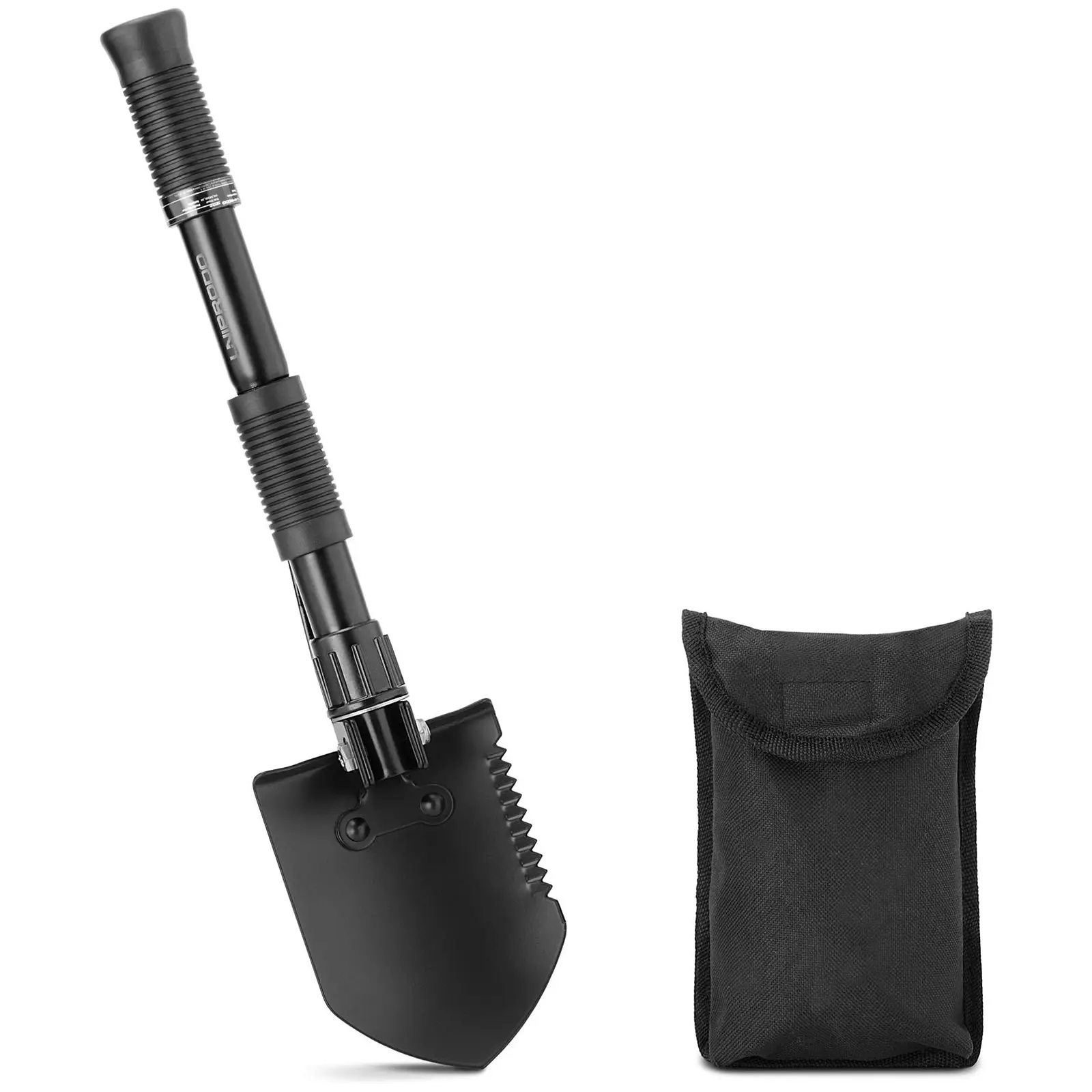
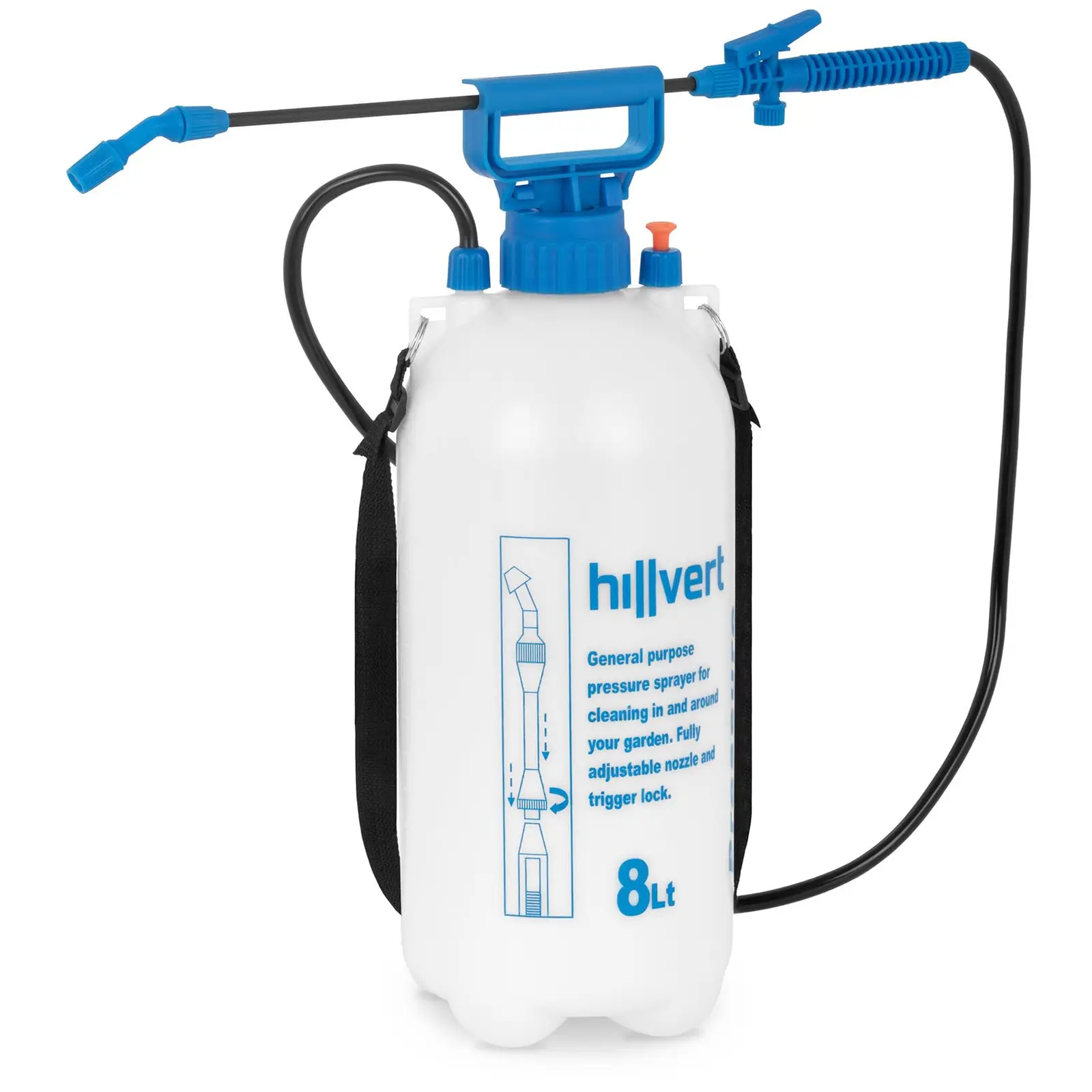
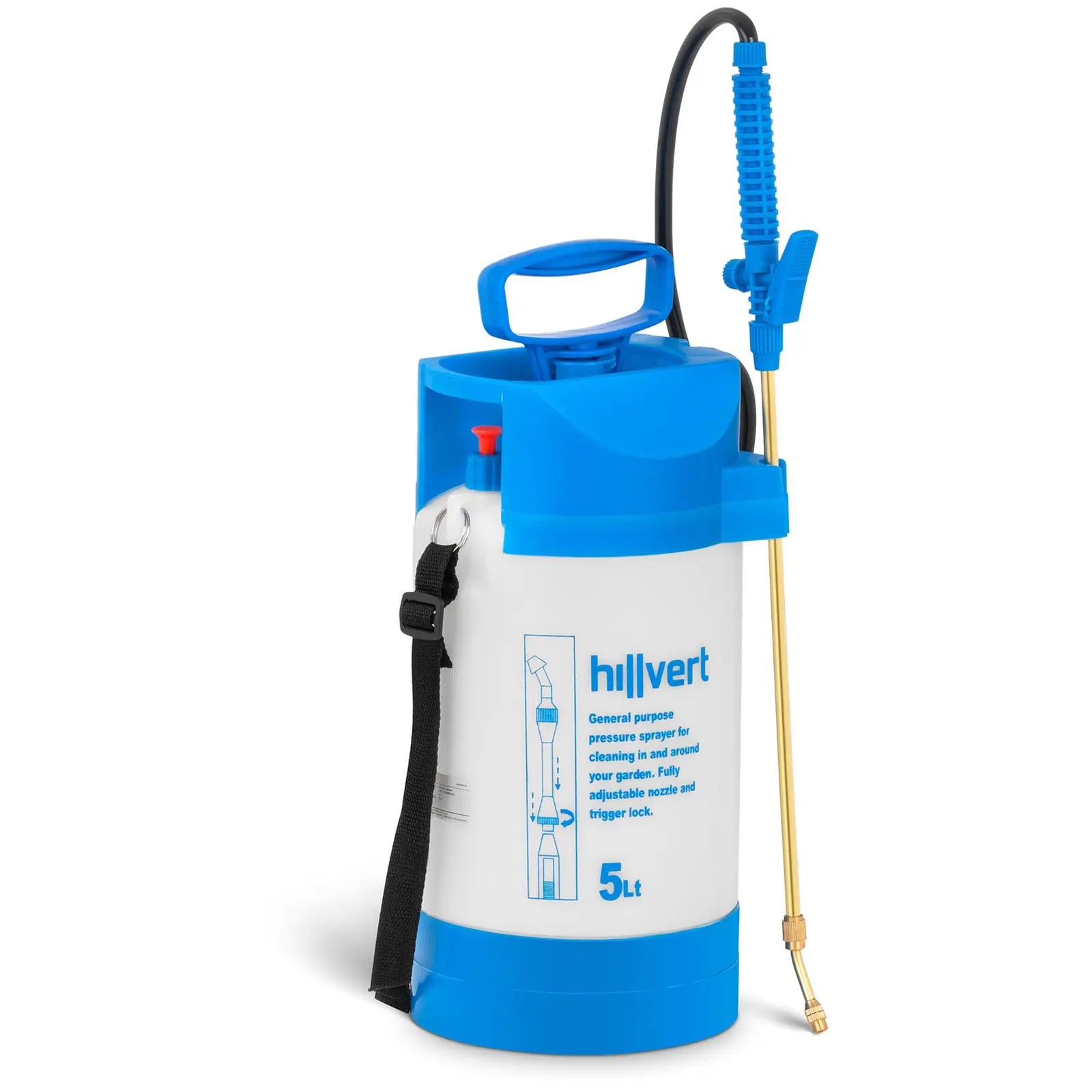
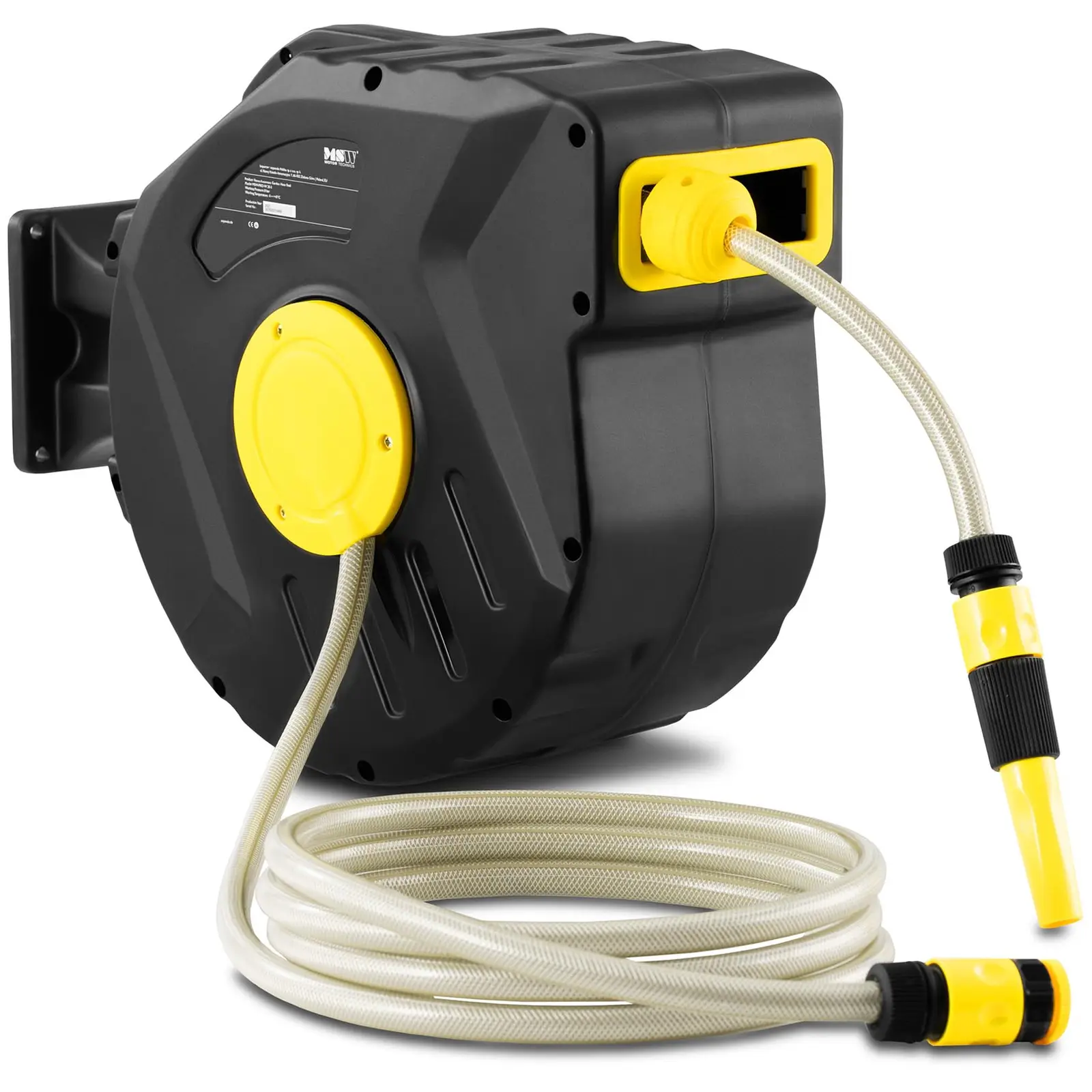

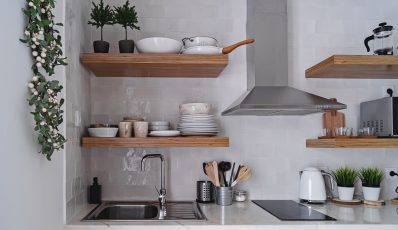



Share